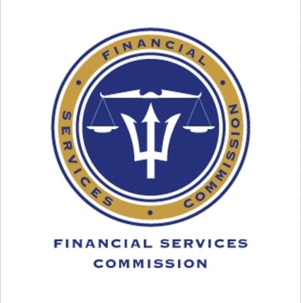This year (2016), Barbados will engage in an exercise to assess its Money Laundering and Terrorist Financing (ML/TF) risks in order to adhere to the Financial Action Task Force’s (FATF) International Standards on Combating Money Laundering and the Financing of Terrorism and Proliferation. This National Risk Assessment (NRA) process includes a review of Barbados’ key sectors which will aid in developing methods to reduce domestic ML/TF risks.
Why Retain Records?
Retaining and securely storing records generated or acquired by an entity during business operations enables the entity to provide evidence that it meets its legal obligations under the Money Laundering and Financing of Terrorism (Prevention and Control) Act (MLFTA).
Record keeping also enables entities to identify the strengths and weaknesses of the organisation, which in turn, allows them to manage the risks of being misused for ML/TF purposes.
Keeping records allow the entity to manage changes and improvements within the organisation and assists in developing appropriate policies and procedures for mitigating ML/FT.
Keeping comprehensive records in a format that facilitates reconstruction of individual transactions is vital, as this provides evidence for prosecution of criminal activity. It also enables entities to swiftly comply with information request from the Financial Intelligence Unit and other regulators as is the case with the current NRA.
Keeping of Records
To aid the NRA steering committee in deepening its awareness and understanding of ML/TF risks in Barbados, and developing methods to reduce and mitigate these risks, all entities in key sectors must establish a document retention policy that provides for the maintenance of a broad spectrum of records.
The entities’ document retention policy must capture information relating to; customer identification, business transactions, training, and internal and external reporting. Section 18 (2) (a) of the MLFTA requires entities to maintain these records for a minimum of five (5) years. In particular instances, entities may be required to retain these records for longer periods, as instructed by the Financial Intelligence Unit or the High Court.
As Barbados continues to prepare its NRA, entities must be cognisant of their obligation to gather, maintain, and report relevant information on ML/TF, as this will assist in the development of policies to improve the anti-money laundering and terrorist financing framework in Barbados.

